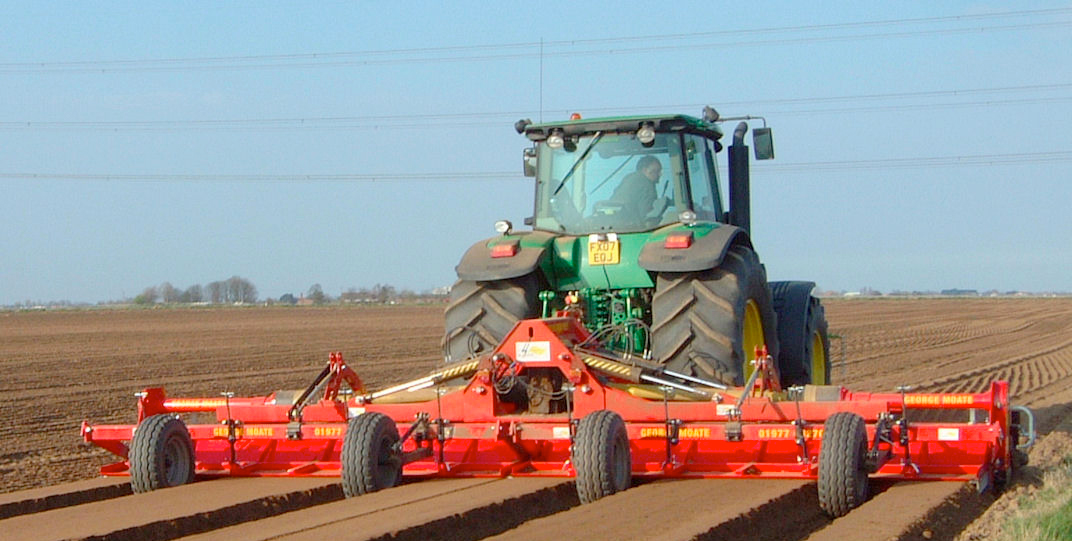
A UK exit from the EU could have a significant negative impact on farm incomes and land values, according to a report by Savills.
The referendum on membership of the European Union (EU) presents the greatest uncertainty for UK real estate in 2016/17, according to Savills; the outcome having potential implications for all three sectors. The prospects for a pre-referendum investment slow down may well depend on how close polling companies believe the outcome will be.
Existing pressure on farm incomes is unlikely to lead to a significant increase in the supply of farmland unless there is a threat to direct farm subsidies from a UK exit from the EU or a significant negative change to the capital tax treatment of farmland.
Rural estates remain attractive to high net worth buyers as safe shelters for wealth that they can also enjoy; they are also partially protected from commodity price volatility having a diverse asset base and multiple sources of income generation.
Mark Ridley, Chief Executive Officer, Savills UK and Europe, says: “Next year UK real estate will move into a new stage of the property cycle and will also face a number of ‘known unknowns’: an in-out EU referendum within the next 18 months, new regulation coming into force, and a potential end to more than six years of record-low interest rates, resulting in a very different year to 2015.
"As we’re unlikely to see a repeat of the strong capital growth witnessed recently, we’re predicting that investors’ attention will turn to maximising rental growth and income returns.
"There are still numerous opportunities across all the sectors we’ve explored, however, particularly outside the capital, and we expect to see the shift towards investment in the regions that began this year to strengthen in 2016."
In the short-term, demand for farmland will be more localised. Non-farmer demand, and the expected growth in prime country residential markets over the next five years, will continue to support prices especially on residential and amenity-type farms, but investor demand may weaken as the performance of alternative assets improves.
In the light of recent market evidence and the short- to medium-term expectations for commodity prices and therefore farm profitability, we have downgraded our forecasts for the next five years: we expect values to be much more varied than those of the past five years.
This market will last three to four years until commodity prices start to recover, following stronger global growth. However, the fundamental factors driving UK farmland value growth remain. Supply is historically low, the product is finite, and competing land uses and ownership motives will all support farmland value growth in the long-term.
